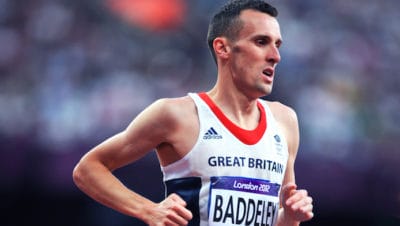Training Peaks Endurance Coaching Summit 2017
Professor Paul Laursen on balancing performance, health and longevity
As part of his recent U.S. road trip (more on that HERE), Simon Ward spent time at the Training Peaks Endurance Coaching Summit.
We’ve already published his discussion with six-time IRONMAN World Champion, Dave Scott (HERE), and in this feature Simon chats to Professor Paul Laursen (www.plewsandprof.com). The subject of the discussion is the interaction between Performance, Health and Longevity.


